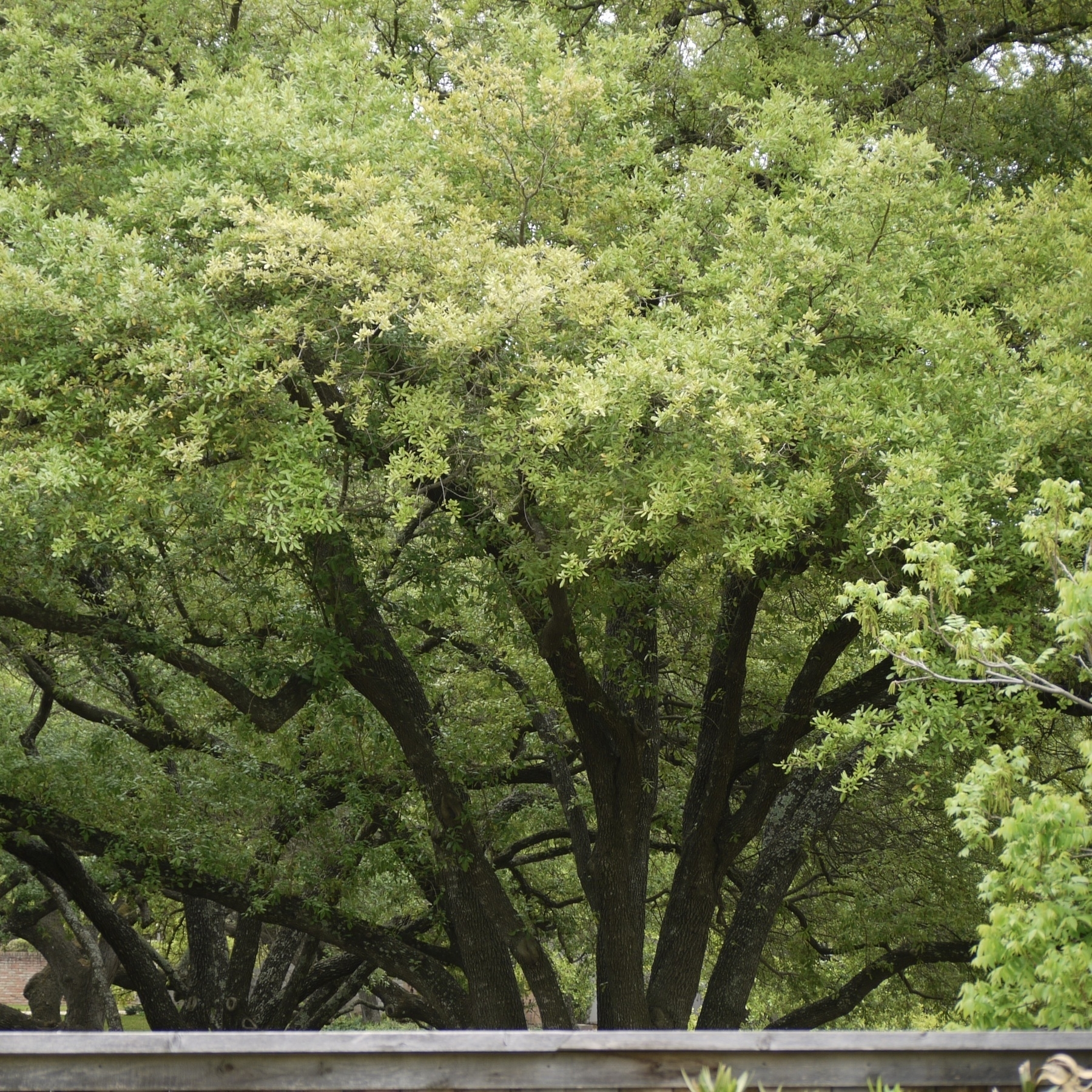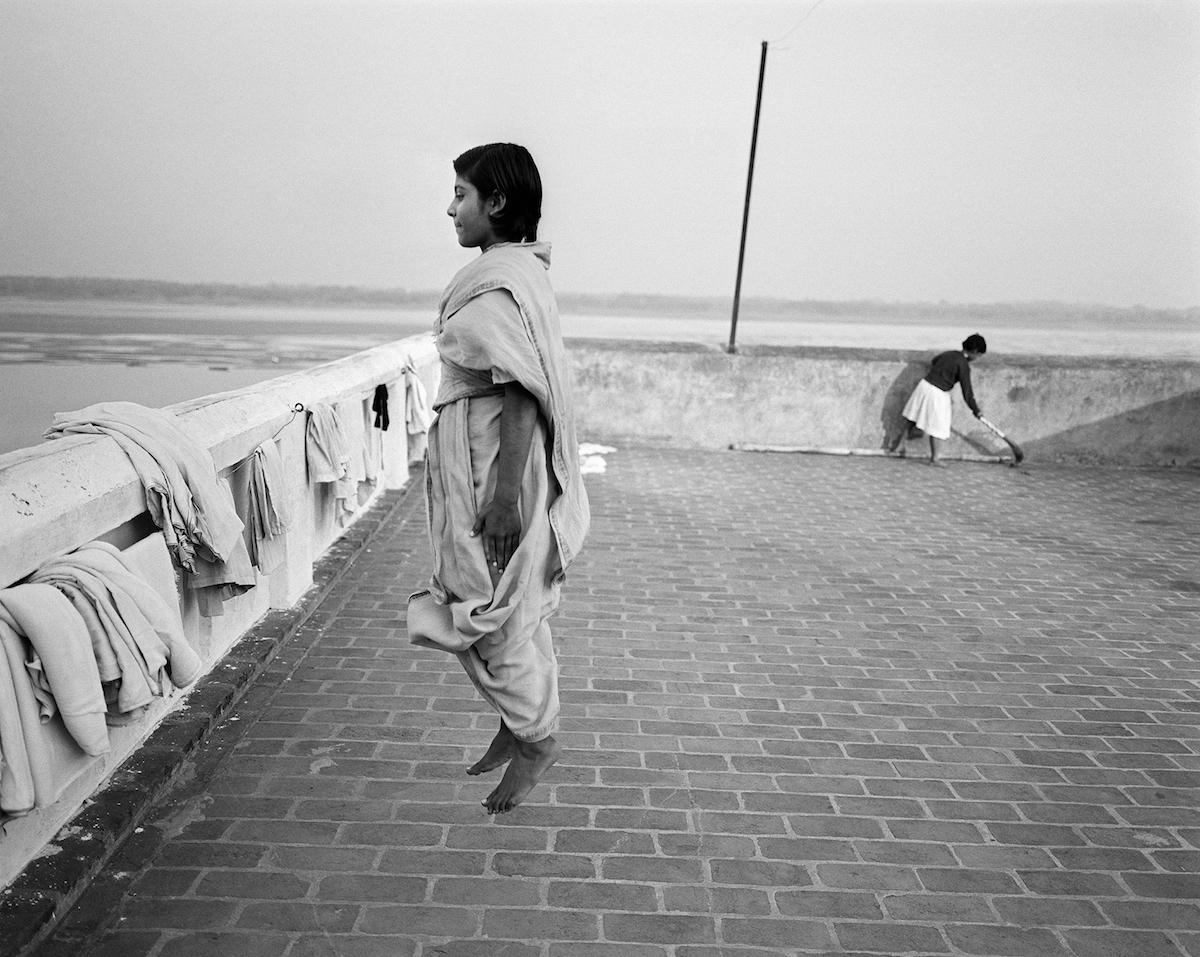institutions

Story here. See also my essay on the need to recover the virtue of piety in order to restore institutions. But we have a really bad feedback loop here: as our institutions become more explicitly committed to leftish values, or what pass for leftish values these days, then Republicans and conservatives grow more alienated from them; but it’s also true that those institutions became more committed to leftish values because Republicans and conservatives were already disinclined to invest trust and energy in them. So we’re in a kind of death spiral here and I don’t see a way out of it.
Also: the fact that Republicans have a positive opinion of churches doesn’t mean that they are willing to serve and strengthen churches. Opinions are cheap, service is costly.
entanglements
Science gets entangled with politics; it always has and it always will. And every time it happens the reputation of science get damaged. I am of course not a scientist and cannot speak authoritatively to these matters; but I can at least point to some intellectual problems that need to be addressed.
Two recent examples:
- Jesse Singal describes a study on gender-transitioning teens that discovered that “the kids in this study who accessed puberty blockers or hormones ... had better mental health outcomes at the end of the study than they did at its beginning” — or did they? Apparently not. Signal can’t be certain about this because the researchers have hidden their data, but their claims look pretty darn fishy. Even so, no one in the media is going to ask hard questions because the study says exactly what they want to hear.
- In the New York Review of Books, a biologist and a historian review a new book on the genetics of intelligence. They don’t like the book because they think that the idea of “a biological hierarchy of intelligence” has been repeatedly “discredited” and is not supported by the arguments of the book under review. But here too a great many complex questions are oversimplified or simply ignored, as Razib Khan points out.
The study on trans kids and the NYRB review share a core conviction: Scientific studies that could lead to unfavorable social outcomes by providing support for our political enemies must be denounced and their authors shunned. As Stuart Ritchie has commented on the latter contretemps,
It's dispiriting to think that our public debate on genetics is going to be forever hobbled by this kind of thing, and from ostensibly authoritative sources. Other fields like evolutionary biology, climate science, and immunology have their creationists, climate change deniers, and antivaxxers, but they're not usually Stanford professors. In this area, the nuisance call — the nihilist call, encouraging us to cut off our entire scientific nose to spite our behaviour-genetic face — is coming from inside the house.
But again, this is an old story — especially in the NYRB. When E. A. Wilson’s Sociobiology came out in 1975, a group of scientists wrote to the NYRB to denounce it, and were quite explicit about why it had to be denounced: Theories like Wilson’s “consistently tend to provide a genetic justification of the status quo and of existing privileges for certain groups according to class, race or sex.” Wilson’s purpose, they said, was to “justify the present social order.” Wilson replied with a detailed refutation of their claims about him personally — “Every principal assertion made in the letter is either a false statement or a distortion. On the most crucial points raised by the signers I have said the opposite of what is claimed” — but this didn’t slow his opponents’ crusade against his ideas, because even if Wilson didn’t hold lamentable political views, others certainly do, and might well use sociobiological arguments to buttress their regressive policy ideas.
(One of Wilson’s collaborators, Bert Hölldobler, says that Richard Lewontin was quite explicit about this: “When I asked why he so blithely distorted some of Ed’s writings he responded: ‘Bert, you do not understand, it is a political battle in the United States. All means are justified to win this battle.’” That sounds suspiciously pat to me, but it certainly wouldn’t be surprising coming from Lewontin.)
Thus, in 1979, when the NYRB published a strongly critical review by Stuart Hampshire of a later book by Wilson, the same people who had so strongly denounced Wilson four years earlier wrote to complain about Hampshire’s review. Hang on: they complained about a negative review of Wilson? Yes indeed:
Hampshire neglected the social and political issues which are at the heart of the sociobiology controversy. Three years ago many of us wrote a letter in response to a review of E.O. Wilson’s earlier book, Sociobiology: The New Synthesis, in which we pointed out the political content of this new field. We expressed concern at the likelihood that pseudo-scientific ideas would be used once more in the public arena to justify social policy. The events of the intervening years have fully justified our initial fears.
Again, I can’t adjudicate the scientific questions at issue here; I am making a different point, which is this: Wilson’s critics are quite explicit that what really matters to them is not the philosophical naïveté or scientific inaccuracy of Wilson's work but its anticipated political consequences. So it seems quite likely that if Wilson’s work had been philosophically sophisticated and scientifically unimpeachable their critique would not have changed.
Of course, many similar stories can be told — and have been — about Covidtide, during which “trusting The Science” was an absolute imperative: as knowledge grew what counted as The Science changed, but at any given moment you were compelled to insist that (a) The Science is infallible and (b) The Science supports people like me against our political enemies.
There are many reasons why millions of America don’t trust The Science, including belligerence and ignorance, but if you ask me, I would say that the most important reason is illustrated by the stories above: Scientists are sometimes untrustworthy. If they want to rebuild our trust in them, then they should start with three steps:
- Practice the self-critical introspection that would enable them to perceive that, because they are human beings, there are some things they very much want to believe and some things they very much want to disbelieve;
- Acknowledge those preferences in public;
- Show that they are taking concrete steps to guard themselves against motivated reasoning and confirmation bias.
If scientists and science writers were to take such steps, that would be helpful for us as readers; and even better for them as thinkers and writers.
hero

Wingy Manone was a trumpet player and songwriter from New Orleans who lost part of his right arm in a streetcar accident when he was ten years old. For the rest of his life he wore a prosthetic arm, and at some point had one made with a special compartment for which he had one use: to stash his famously excellent weed.
The Lindheimer’s beeblossom is back! – which means that soon the bees will be too. (I saw just a couple today, but I hope and trust there will be more.)

Maybe my favorite thing about our house: It sits on a slight elevation, so when we look across our back yard, we don’t see our neighbor’s house but rather the canopy of the nearby trees. I just stare at them, often, every day.


The courtyard of Kéré Architecture’s Léo Doctors’ Housing, 2019, at the Surgical Clinic and Health Center, Léo, Burkina Faso; described here. Kéré’s “emotional and moral attachment to his humble roots remains strong, and although one has seen other gifted architects morph from self-effacing aspirants into egomaniacal divas, it seems to me improbable that his head will be turned by the tidal wave of adulation that the Pritzker Prize inevitably unleashes. How judiciously he picks and chooses among the many offers that will now come his way — including such typical Pritzker-winner bait as condos in New York’s Chelsea and Miami’s Brickell districts, boutiques for LVMH luxury brands, and wineries for tech billionaires — will indicate how well Francis Kéré can handle the double-edged sword that is architectural fame in our money-worshiping, celebrity-besotted modern world.”
Ross Douthat, suggesting two ways to reverse the decline of the power and influence of movies:
First, an emphasis on making it easier for theaters to play older movies, which are likely to be invisible to casual viewers amid the ruthless presentism of the streaming industry, even as corporate overlords are tempted to guard classic titles in their vaults.
Second, an emphasis on making the encounter with great cinema a part of a liberal arts education. Since the liberal arts are themselves in crisis, this may sound a bit like suggesting that we add a wing to a burning house. But at this point, 20th-century cinema is a potential bridge backward for 21st-century young people, a connection point to the older art forms that shaped The Movies as they were. And for institutions, old or new, that care about excellence and greatness, emphasizing the best of cinema is an alternative to a frantic rush for relevance that characterizes a lot of academic pop-cultural engagement at the moment.
One of my formative experiences as a moviegoer came in college, sitting in a darkened lecture hall, watching “Blade Runner” and “When We Were Kings” as a cinematic supplement to a course on heroism in ancient Greece. At that moment, in 1998, I was still encountering American culture’s dominant popular art form; today a student having the same experience would be encountering an art form whose dominance belongs somewhat to the past.
This is an odd argument to hear for someone of my generation — aren’t the movies the very thing we’re supposed to save Culture from?
I think maybe that’s why I have grown so fascinated by movies in recent years — I always most enjoy the media that the rest of the world has left behind.


Nora S. Unwin (1907-1982), engravings from Joseph; the King James Version of a Well-loved Tale, arranged with an introduction by her friend and frequent collaborator Elizabeth Yates, and printed and bound by the Plimpton Press in 1947 for Alfred A. Knopf in America and the Ryerson Press in Canada. From the University of Wisconsin-Milwaukee Special Collections.

Currently reading: Bing Crosby: Swinging on a Star: The War Years, 1940-1946 by Gary Giddins 📚
reading lists

Three brief thoughts on this:
- People are calling it “banning books,” which it ain’t: a book isn’t banned by being left off a reading list;
- One teacher says, “I think it’s time to allow books published from the 2000s to be given a fair shake” — because sure, the big problem with our society today is that we just don’t give a “fair shake” to new things;
- Of the nineteen books listed above, eleven of them were published between 1925 and 1967 — nine between 1938 and 1960 — which suggests a certain constriction of imagination and the dominance in teachers’ minds of a quite brief period in our cultural history.
I had to suspend my regular newsletter – interrupted by Life – but I’m still sending out occasional brief missives. I dropped one this morning.
The Love Feast
“The Love Feast“ -- me in the new issue of Harper’s (paywalled, I think?) on the immediately forthcoming two volumes of Auden’s complete poems:
In almost every reading of Auden, the familiar hinge of his career remains visible — and indeed is emphasized in the division of these two volumes, the first of which ends in 1939 and the second of which begins in 1940. But thanks to [Edward] Mendelson, it is now generally seen to mark a transition, not from excellence to incompetence, but from one kind of excellence to another. And this way of viewing the transition is now typically accepted even by those, such as Heaney, who prefer the earlier verse and lament what was lost.
All the themes of Auden’s later verse converge on a rejection of the heroic and triumphal modes, and the substitution of a different register, that of the repeated and the mundane. In the second half of his career, Auden patiently worked out, in both prose and masterful verse, the implications of his homemade anthropology — his own account of what his friend Hannah Arendt would later call, in a 1958 book, The Human Condition. That anthropology ultimately centers on two core propositions: that we are prone to trust and love what breaks our hearts, and that we are creatures alongside the birds and the social insects, albeit creatures who, as he says in one poem, have “assumed responsibility for time.” We must live simultaneously in nature and history, though we forever are tempted by those prophets who tell us we can only take full refuge in one or the other.

Photograph of Auden by Irving Penn, 1947 © The Irving Penn Foundation
The 9 Biggest Myths About Nonfiction Trade Publishing, Debunked. These are all spot-on. I would only add that even when you get a larger advance, it’s typically divided into either three or four installments. So, for instance, I’ve had some divided this way:
- First part on signing the contract
- Second part on delivering a complete manuscript
- Third part on publication of the hardcover
- Fourth part on publication of the paperback
Welles and the newspapers
From the Preface to the first volume of Simon Callow’s biography of Orson Welles:
He publicly constructed himself, from the earliest age — my first press clipping is headed ACTOR, POET, CARTOONIST AND ONLY TEN — in a medium that he courted and denounced in equal measure; and the press returned the compliment. Together they concluded a sort of Faustian pact wherein Welles was meteorically advanced by sensation-hungry newspapers, to whom he pandered shamelessly, until at the height of his fame he fell foul of them; saddled with a preposterous reputation and a personality drawn by him and coloured by them, he found himself unemployable, his work overshadowed by his ever-expanding Self. Even his body became legendary, out of control; whatever his soul consisted of protected from the world by wadding. Locked in a personal relationship as complex and curious as that of Lear and his fool, Welles and the newspapers needed and abominated each other in a co-dependency that only his death dissolved. It is no coincidence that his most famous work is the apotheosis of the newspaper film.
An interesting addendum to my argument that one can profitably see Citizen Kane as a comedy about newspapers.
compelling needs
In 1957 Vance Packard published The Hidden Persuaders, his famous book about advertising techniques, in which he claimed that the products advertised, taken together, promised to fulfill eight “compelling needs”:
- Emotional Security
- Reassurance of worth
- Ego gratification
- Creative outlets
- Love objects
- Sense of power
- Roots
- Immortality
How much has changed? To what degree is the world of social media the inheritor of 1950s advertising as the means by which these needs are fulfilled?
This book is not an attempt to convince people that Jesus would prefer his followers not to use lethal force, even for a good cause. Instead, in many of the chapters that follow, I aim to give Christians a taste of what they’re buying when they affirm the legitimacy of even a little bit of lethal force, even in the most reasonable of cases. They want a Christ that allows them to kill, so I’m giving them especially that, especially when they think they’re affirming something else.
Damn.
two quotations on life beyond self-actualization
The simplest argument against a cultural fixation on the individual getting whatever they want is that it’s entirely unachievable. But the deeper and more important problem is that several thousand years of human progress has advanced in the direction of the common good rather than of the selfish individual. We owe each other things, and sometimes this means sacrificing our own wants and desires to support others. Like bending a little to satisfy the expectations of the woman who gave you life. If a dogged insistence that the individual’s wants are ultimately of less importance than the greater good of the whole is actually a part of Chinese culture, as suggested by this movie [Turning Red], I think that’s something worth defending, not treating like a cartoon villain.Paul Farmer:
I love WL’s [White Liberals], love 'em to death. They're on our side. But WL's think all the world's problems can be fixed without any cost to themselves. We don't believe that. There's a lot to be said for sacrifice, remorse, even pity. It's what separates us from roaches.


